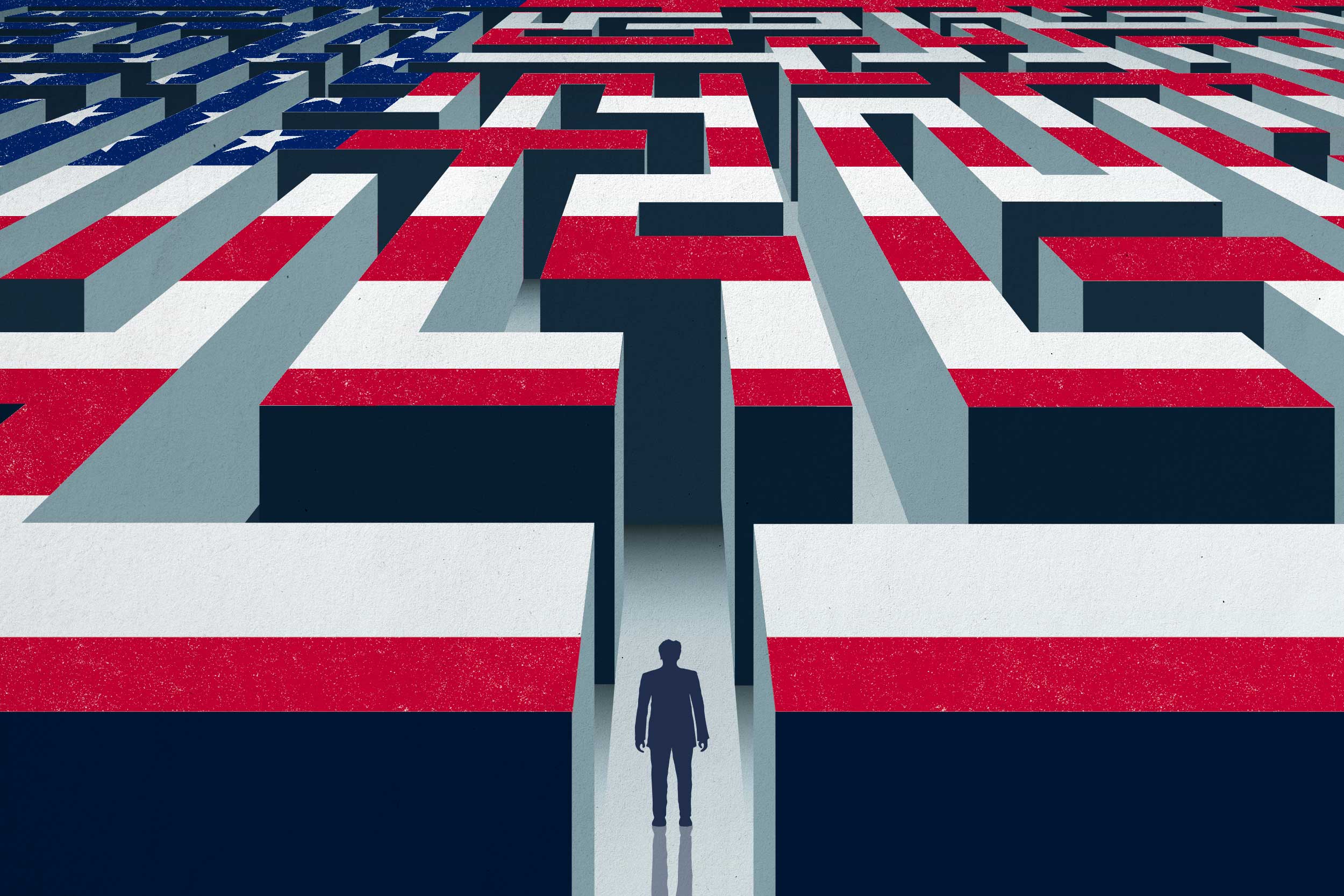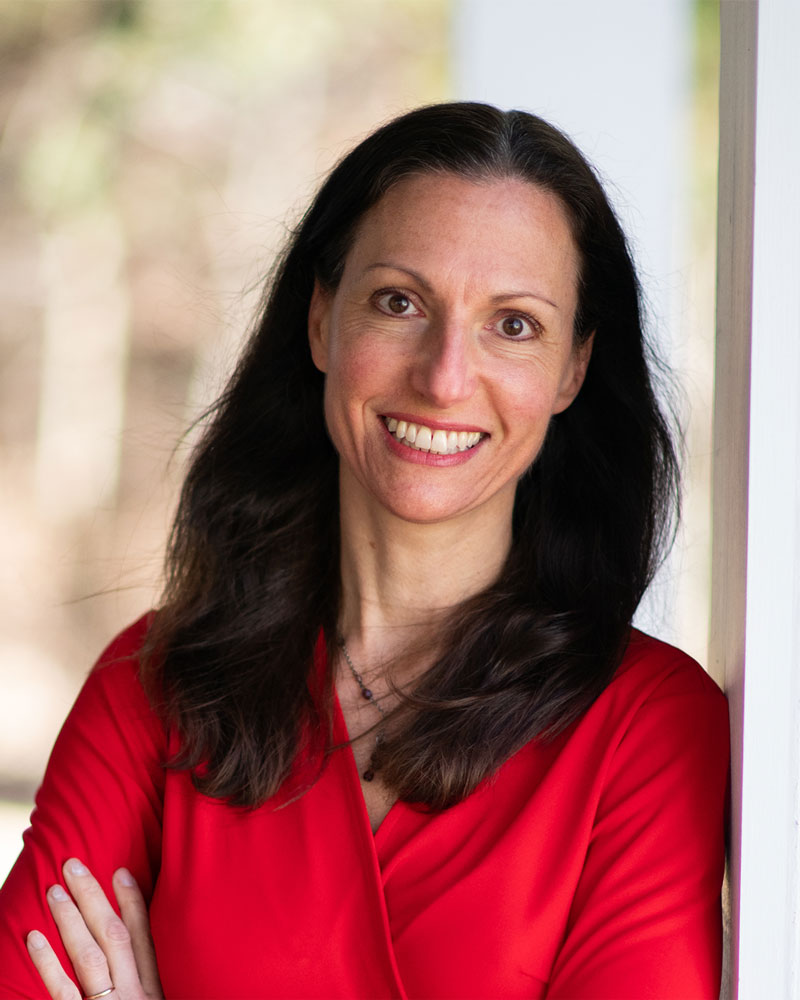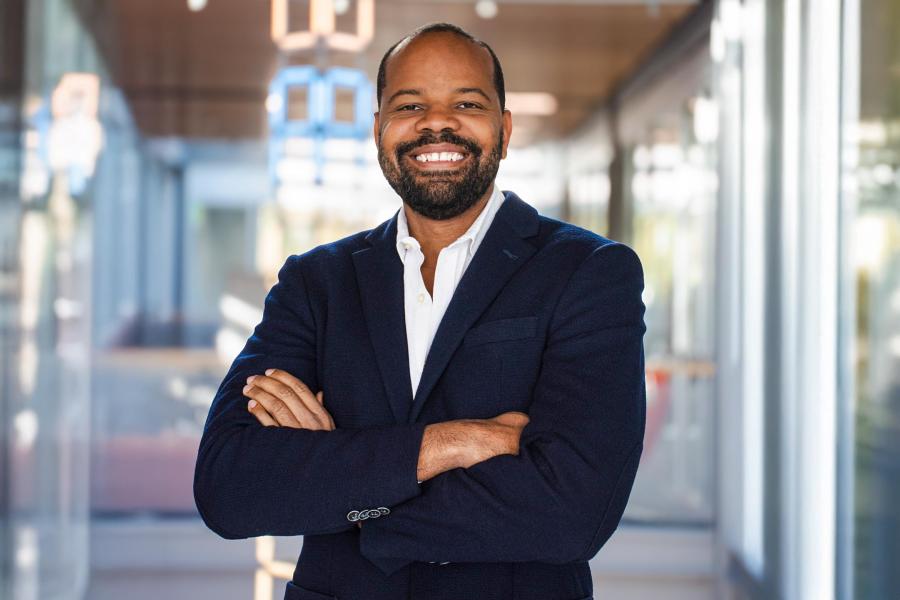She said it’s important to remember the positive things in life. “Finding those reasons for hope, finding those reasons for recognizing our common humanity, finding those reasons to rely on and trust one another,” she said, “are really extra important when we’re going through these periods where it feels really, really difficult.”
What Was Your Biggest Challenge?
On the face of it, asking yourself this question may not seem likely to produce a happy answer. That’s the point, Teachman said.
“It helps people to recognize which parts of their lives are not quite aligned in the ways that they want it to be,” she said, creating opportunities for self-improvement.
“One of the things that I really strive to do with my children, with myself and with my clients who I treat in therapy, is to help people recognize that we can do hard things,” Teachman said.
When people come to that realization, it reduces feelings of powerlessness and hopelessness and allows them to think about solving problems, making contributions and taking action.
“The current election is an exercise in trying to tolerate uncertainty,” Teachman said. She asks people if they need to know the outcome immediately. “Let’s play this out,” she said. “Give people a sense of what they would actually do, so that they can consider their ability to actually manage whatever will come.
“It doesn’t mean they’ll be happy with what the different outcomes are,” she continued, “but they can start to think about it as a manageable, difficult situation rather than something that is impossible for them to tolerate and manage.”
What Did You Contribute?
Teachman said most people want to make the world a better place. Asking yourself this question helps accomplish that. How are you doing good? What are the opportunities to do that?
Doing good also improves mental health. “When we are helping others, when we are expressing gratitude, all of those things do very clearly help our own mental health as well,” she said. “It’s a great way to manage stress.”
Teachman was quick to point out, however, that some anxiety is good, because it’s a motivator.
“It’s OK for students to have some anxiety to motivate them to study for upcoming final exams,” she pointed out. It’s just important to find the right balance.
Anxiety, Teachman said, likes to be the loudest voice in the room. So, be sure you make room for other voices. “It’s important to be sure that your values are guiding your decisions, not anxiety,” she said.











